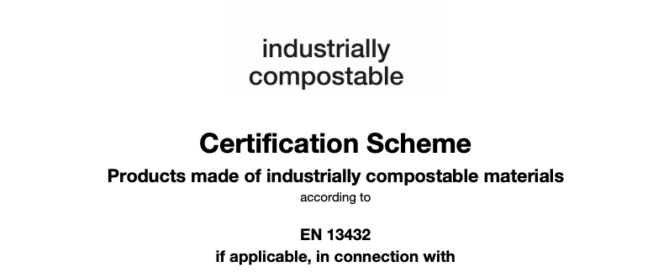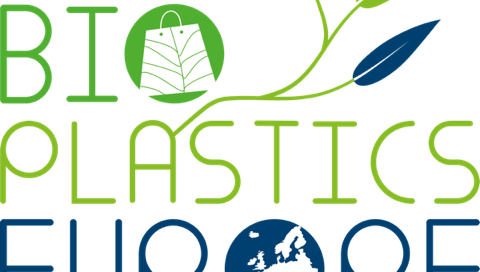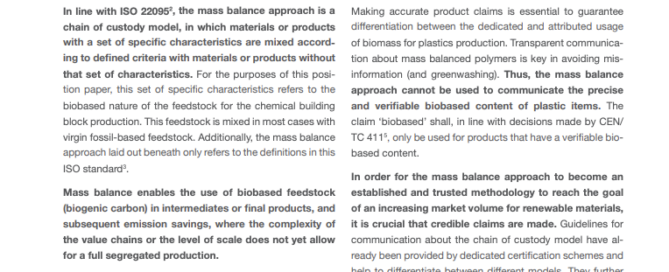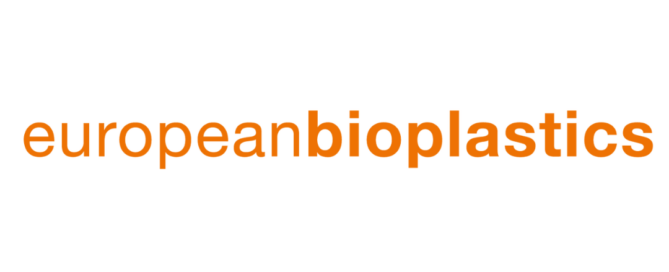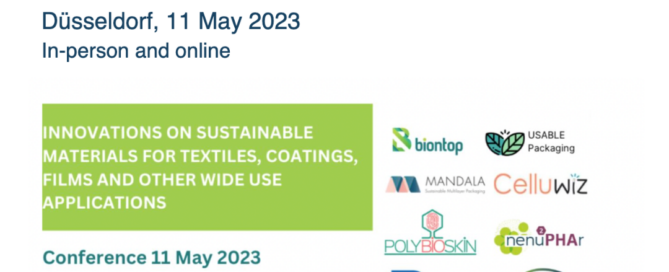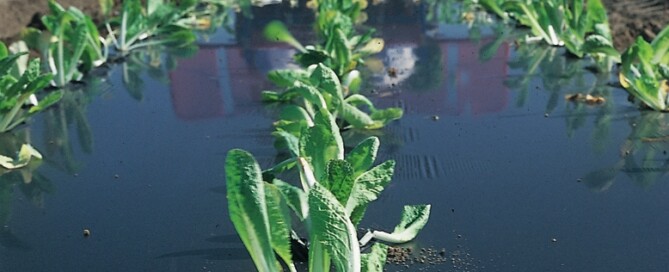Open house in Brussels
The Brussels office officially opened its doors to the public on 5 June for its open-house day. Members, staff, fellow trade associations as well as EU officials were present to discover the Brussels office, and network on a sunny Monday afternoon. For the occasion, the office was decorated in orange and white, celebrating [...]


